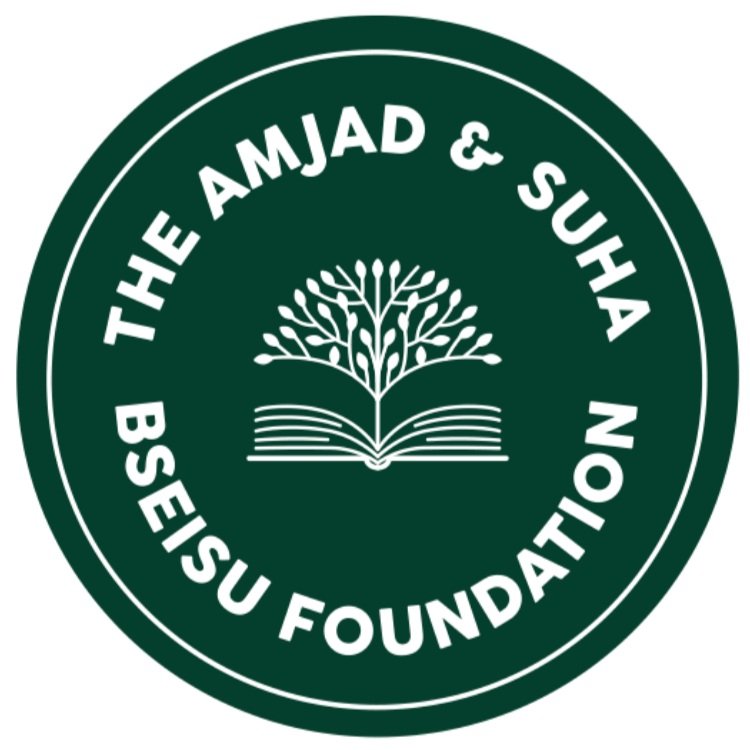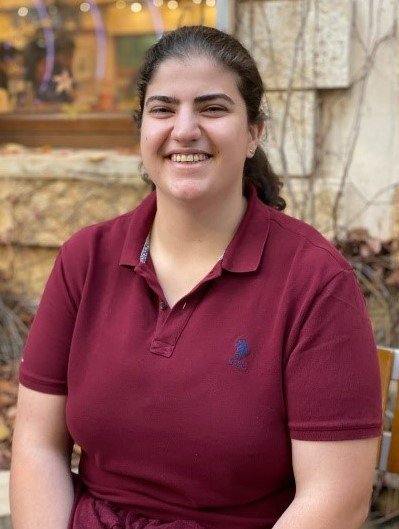“I do believe that the many problems we face in Lebanon are institutional; so in the long term, I think I would like to make the switch and work on development to ensure that future crises don’t happen, or happen with less impact. The water, sanitation, and health engineering MSc. course at Leeds is the perfect balance between public health, engineering, and emergency intervention. I am learning skills and methodologies I had not previously encountered. I will be able to use these new skills and apply them in both emergency and development fields.”
Meet Farah…
Farah was born and raised in Lebanon.
She is studying Water, Sanitation and Health Engineering at the University of Leeds and is currently the course representative for her MSc programme. She liaises between her classmates and the university staff and faculty. They hold regular meetings to discuss any concerns and comments both parties have which Farah has found helps with accountability and open communication.
Farah chose to study Water, Sanitation and Health Engineering at Leeds as the programme really aligned with her interests and future plans. She completed her undergraduate degree in Environmental Health and found an interest in people’s interaction with the environment. Farah has always been interested in water. Since Lebanon has an abundance of water in its rivers, streams, groundwater, and cost, Farah wanted to study the interaction of people with water resources, both positive and negative. At AUB, Farah took two courses on water, one of which focused on wastewater. She found these to be some of the most interesting courses.
Farah later went on to work with the Lebanese Red Cross WASH team, where she furthered her knowledge and interest in water and sanitation. She joined the team after graduating in 2017. Farah started in a field position and was responsible for monitoring all soft WASH activities implemented on a national level. She then moved on to a senior position where she was in charge of all soft WASH activities, planning, and capacity building on a national level. Soft WASH activities refer to all activities that involve people like capacity building, learning, community mobilisation and organisation.
Before starting her master’s course, Farah was working in the humanitarian field. Her short-term plan is to continue in this field and work to help the most vulnerable groups in Lebanon. “The water, sanitation, and health engineering MSc. course at Leeds is the perfect balance between public health, engineering, and emergency intervention. I am learning skills and methodologies I had not previously encountered. I will be able to use these new skills and apply them in both emergency and development fields.”

